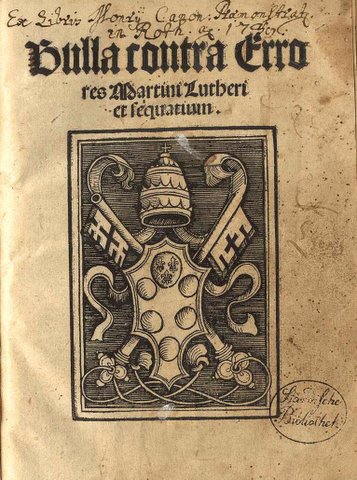|
Papal Donation
"Papal donation" refers to two sets of papal bulls by which Pope Nicholas V, in 1454, and Pope Alexander VI, in 1493, purported to give the Catholic monarchs of Portugal and Spain, respectively, the prerogative to explore the Americas. Alexander's bull, proclaimed on 4 May 1493, was titled ''Inter caetera'' and addressed to Ferdinand and Isabella, the Catholic Monarchs of Spain, and later Catholic monarchs of Spain. England and France opposed the papal donation. Jurists including Francisco de Vitoria and Francisco Suárez argued that the pope did not have power to award territory to sovereigns. Citations Works cited * * * * * Canon law history Portuguese colonization of the Americas Spanish colonization of the Americas {{Spain-hist-stub ... [...More Info...] [...Related Items...] OR: [Wikipedia] [Google] [Baidu] |
Papal Bulls
A papal bull is a type of public decree, letters patent, or charter issued by the pope of the Catholic Church. It is named after the leaden seal ('' bulla'') traditionally appended to authenticate it. History Papal bulls have been in use at least since the 6th century, but the phrase was not used until around the end of the 13th century, and then only internally for unofficial administrative purposes. However, it had become official by the 15th century, when one of the offices of the Apostolic Chancery was named the "register of bulls" ("''registrum bullarum''"). By the accession of Pope Leo IX in 1048, a clear distinction developed between two classes of bulls of greater and less solemnity. The majority of the "great bulls" now in existence are in the nature of confirmations of property or charters of protection accorded to monasteries and religious institutions. In an era when there was much fabrication of such documents, those who procured bulls from Rome wished to ensur ... [...More Info...] [...Related Items...] OR: [Wikipedia] [Google] [Baidu] |
